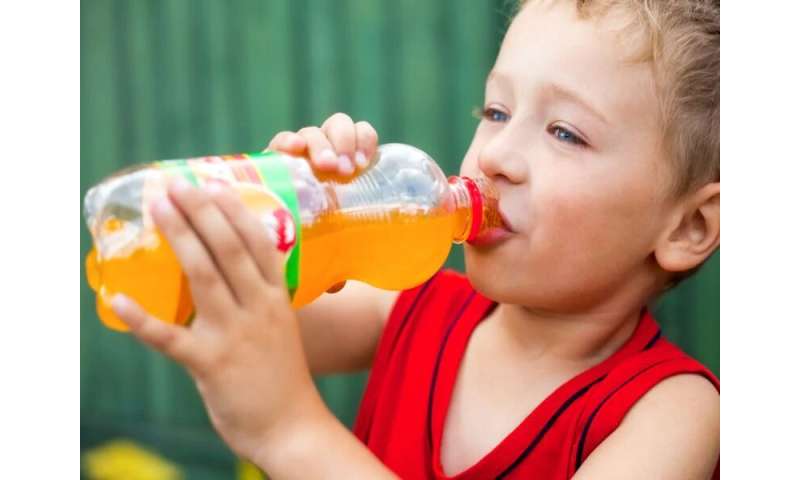
Pediatricians have a role to play in encouraging children and adolescents to reduce sugary drink consumption, according to a policy statement recently published in Pediatrics.
Noting that U.S. children and adolescents report consuming 17 percent of their calories from added sugars, nearly half of which come from sugary drinks, Natalie D. Muth, M.D., M.P.H., from the Children’s Primary Care Medical Group in Carlsbad, California, and colleagues address public policies to reduce sugary drink consumption.
The authors note that local, state, and/or national policies intended to reduce consumption of added sugars should include consideration of approaches that increase the price of sugary drinks, such as excise tax; these approaches should be accompanied by education of all stakeholders on the rationale and benefits. Efforts to reduce sugary-drink marketing to children and adolescents should be supported by federal and state governments. Federal assistance programs should aim to ensure access to healthful food and beverages. Access to credible nutrition information should be available for children, adolescents, and their families. Policies making healthy beverages the default should be widely adopted and followed. Finally, hospitals should implement policies to limit or disincentivize the purchase of sugary drinks.
Source: Read Full Article